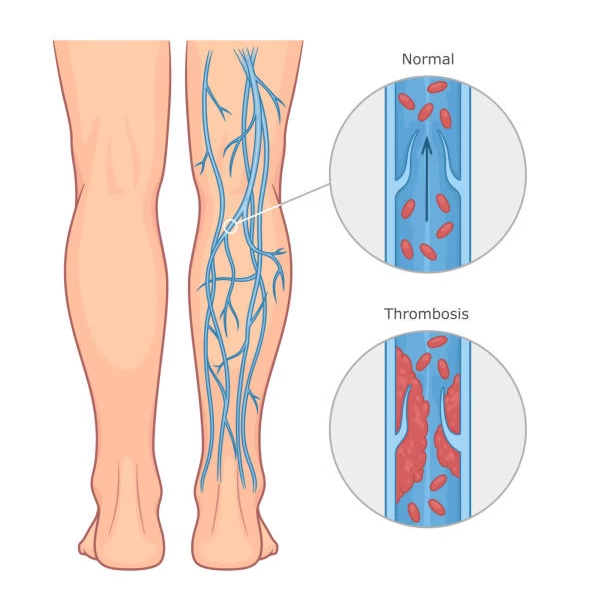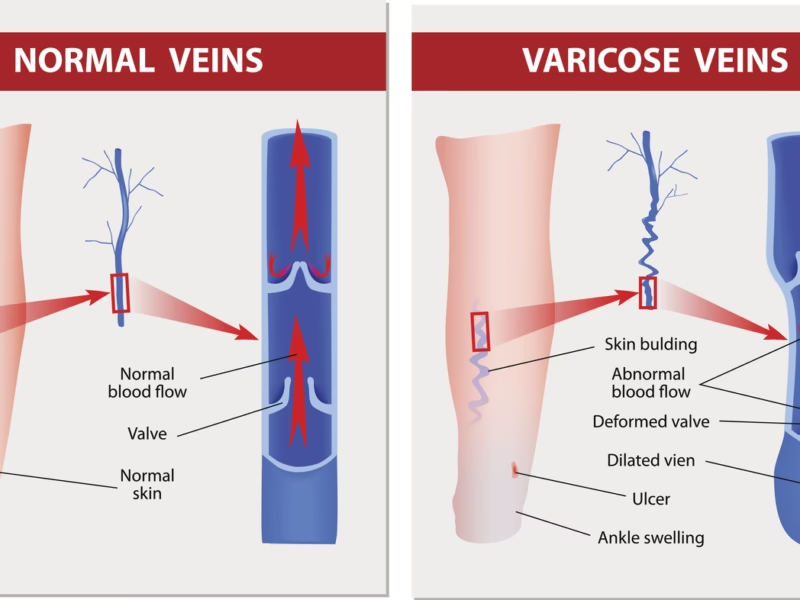We all experience dizziness at some point. But when you feel light headed and dizzy frequently, especially during simple activities like standing up or turning your head, it can affect your daily life and raise concerns.
In this post, we’ll explore what it really means to feel light headed and dizzy, identify the common reasons for dizziness, and help you understand why it often worsens when moving your head.

What Does It Mean When You Feel Light headed and Dizzy?
Dizziness is a general term used to describe a range of sensations, such as:
- Feeling faint or unsteady
- Losing your balance
- Spinning (vertigo)
- Floating or wooziness
When someone says they feel light headed and dizzy, they often mean they feel like they might faint, or their surroundings feel unstable—even when sitting or standing still.
This sensation can be brief or long-lasting, mild or severe, and may indicate an underlying condition.
Common Reasons for Dizziness
There are many reasons for dizziness, some minor and others more serious. Here are the most common ones:
- Dehydration or Low Blood Sugar
Not drinking enough fluids or skipping meals can make you feel weak and dizzy.
- Inner Ear Disorders
Your inner ear plays a key role in maintaining balance. Conditions such as benign paroxysmal positional vertigo (BPPV), Meniere’s disease, or ear infections can disrupt this system and lead to dizziness.
- Blood Pressure Fluctuations
Sudden drops in blood pressure, especially when standing up quickly, can lead to lightheadedness and instability.
- Medication Side Effects
Some medications, especially those for blood pressure or anxiety, can cause dizziness as a side effect.
- Anxiety or Panic Attacks
Emotional stress can trigger physical symptoms such as dizziness, shallow breathing, and a racing heart.
- Anemia or Poor Circulation
When the brain doesn’t get enough oxygen, it can result in feeling light headed and dizzy.
Dizziness When Moving Head – What’s Going On?
A frequent concern is experiencing dizziness when moving the head—particularly during quick turns, bending forward, or rising from bed.
This can be caused by:
- BPPV (Benign Paroxysmal Positional Vertigo): A common inner ear condition where tiny crystals become dislodged, disrupting your balance.
- Vestibular neuritis: An inner ear nerve inflammation that disrupts balance and causes dizziness.
- Neck problems: Tension or misalignment in the cervical spine can also cause dizziness with head movement.
If you find yourself getting dizzy every time you move your head, you may want to see a doctor or vestibular specialist for an accurate diagnosis.
Symptoms to Watch Alongside Dizziness
Sometimes, dizziness is accompanied by additional symptoms that can help identify the underlying cause:
- Nausea or vomiting
- Blurred vision
- Ringing in the ears
- Difficulty walking straight
- Headaches
- Chest pain or shortness of breath
If you experience any of these along with dizziness, especially suddenly, seek medical help promptly.
Managing and Treating Dizziness
Your treatment depends on the underlying cause. Here are general strategies to manage and reduce dizziness:
Stay Hydrated
Dehydration is one of the simplest causes with an easy fix. Drink water regularly, especially in hot weather.
Rise Slowly
Avoid jumping up from sitting or lying positions too quickly. Give your body a moment to let your blood pressure stabilize.
Practice Balance Exercises
Vestibular rehabilitation therapy (VRT) is a series of exercises designed to retrain your balance system, especially helpful for dizziness when moving head.
Limit Salt and Caffeine
If your dizziness is related to inner ear problems like Meniere’s disease, reducing salt and caffeine may help regulate fluid in the inner ear.
Manage Stress
If anxiety is causing your dizziness, practices like deep breathing, mindfulness, and therapy can help ease the symptoms.
When to See a Doctor
You should seek professional advice if:
- Dizziness happens frequently or suddenly
- It’s severe enough to interrupt daily life
- You also experience chest pain, fainting, or vision problems
- You’re unsure of the cause or symptoms are worsening
A doctor may recommend tests like hearing exams, MRI scans, blood pressure monitoring, or vestibular function tests to get to the root of the issue.
Final Thoughts
Feeling light headed and dizzy can be unsettling, but it’s usually manageable once the cause is identified. Whether it’s dehydration, an inner ear issue, or anxiety, understanding the reasons for dizziness helps you take control of the symptoms.
If you frequently experience dizziness when moving your head, don’t ignore it. Pay attention to your body, practice self-care, and seek medical guidance if needed. Staying balanced—literally—begins with awareness.


